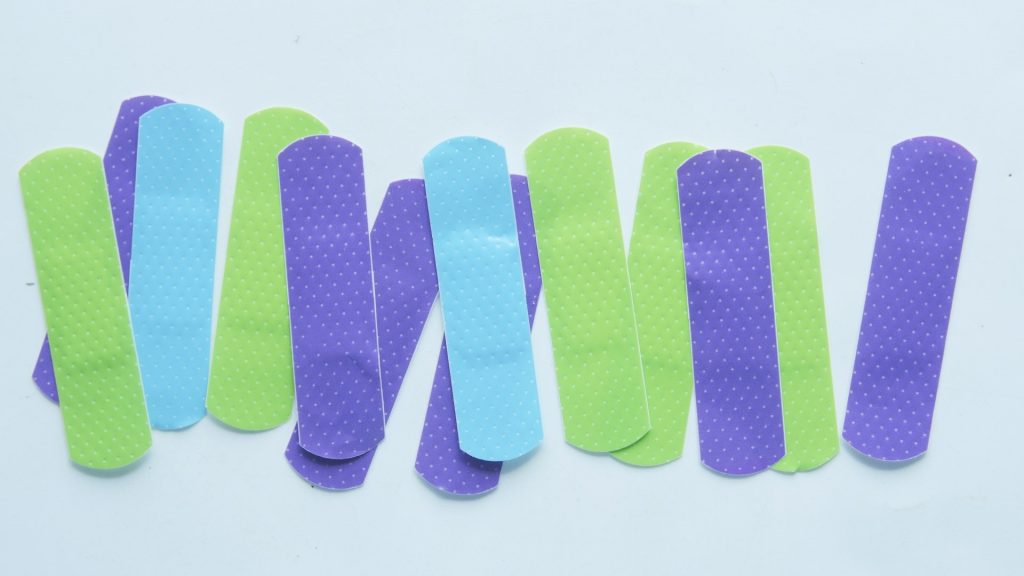FREE Shipping on Orders over $89 with Account – Create One Today!
- (844)-859-9400
- Get Help

Shallow wounds – such as cuts, scrapes and minor injuries – are everyday mishaps that require proper care to avoid infection and facilitate speedy healing. In this blog post, we will delve into essential first aid tips and home remedies to prevent infection in shallow wounds.
Signs of infection in shallow wounds can manifest within a few days after the injury occurs. Common indicators include increased redness surrounding the wound, and increased pain or tenderness. Additionally, the wound area might feel warmer than the surrounding skin, and there may be visible pus or drainage, indicating the presence of infection.
In some rare cases symptoms may appear that signal a more severe infection. These may include fever, chills, and general malaise. If any of these are observed, it is crucial to seek medical attention promptly.
Immediate first aid is crucial for reducing the risk of infection and ensuring a smooth healing process. The first, and perhaps most vital, phase of first aid is cleaning the wound. Follow these steps:
While first aid is essential, certain home remedies can complement the healing process and decrease the risk of infection:
It’s crucial to use a covering appropriate to your wound’s depth and infection status. In many cases, basic first aid products will be sufficient, such as gauze or adhesive bandages. However, if your wound has already developed an infection, you may benefit from a more advanced product.
Here are some advanced bandages commonly used for shallow wound care:
With the right approach to wound care…
… shallow wounds can heal effectively and avoid infection. By following first aid tips and incorporating natural remedies like aloe vera and honey, you can aid the healing process. Additionally, consider the use of advanced wound dressings like Hydrofera Blue Ready to enhance wound management and promote optimal healing. Always be attentive to signs of infection and consult a healthcare professional if needed to ensure a smooth recovery process.
Medical Monks staff is always available during business hours for info related to wound care or any other medical topic. Get help via LiveChat, email ([email protected]) or by calling 844-859-9400, 8am-7pm Monday thru Friday.

Edited for medical accuracy by Kristin Arrango, BSN, RN
